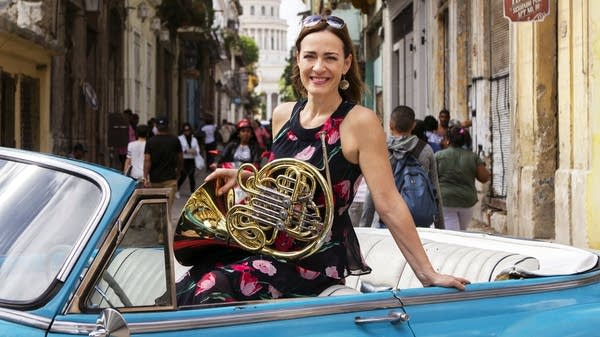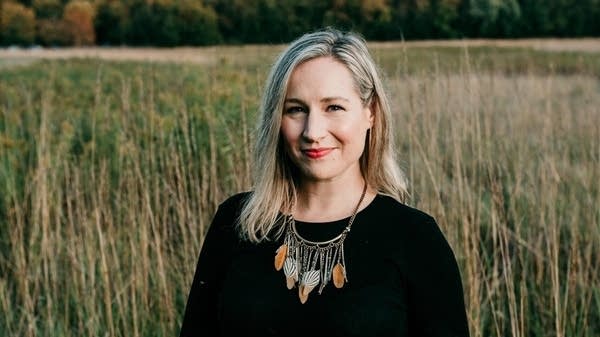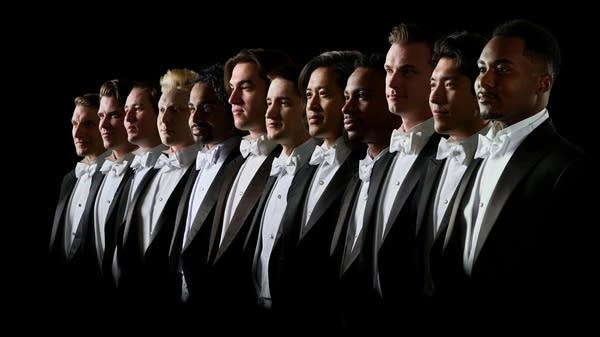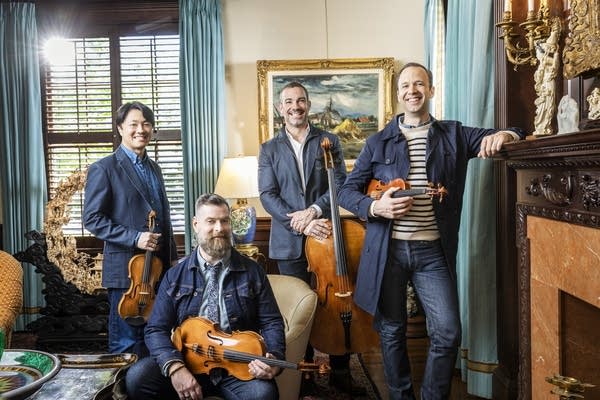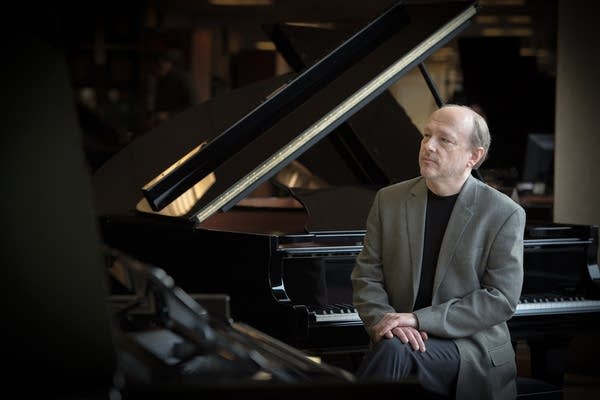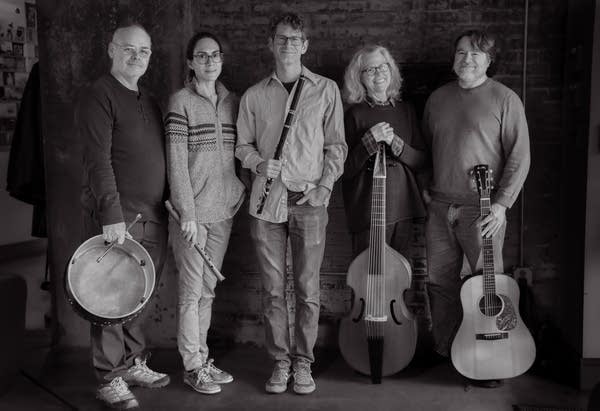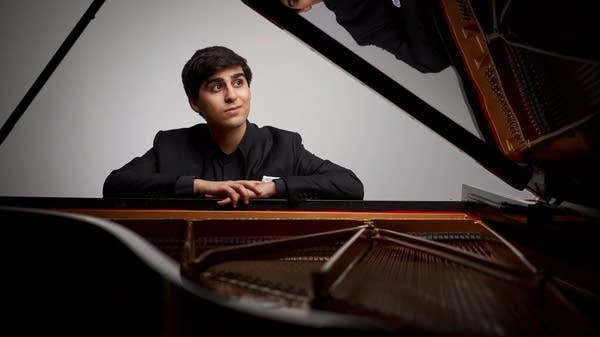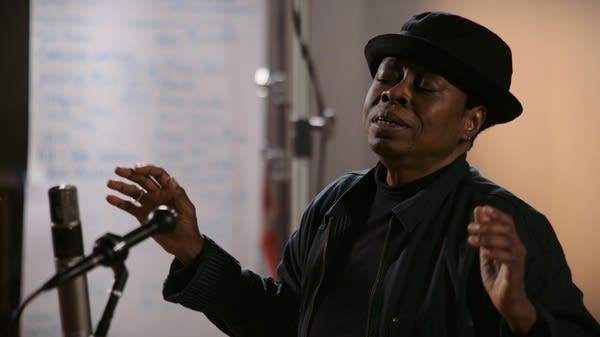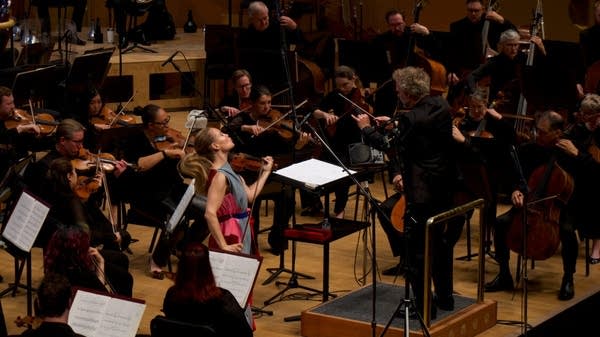ARC Ensemble Walter Kaufmann: Chamber Works (Chandos)
"This new recording of works by Walter Kauffman is repertoire that's never been recorded before. That makes it really exciting!"
That's Simon Wynberg talking about the latest release from the ARC Ensemble. They're the ensemble in residence at Canada's World Conservatory of Music.
You have been the artistic director of the ARC Ensemble since 2003. What is the purpose of this ensemble?
"Initially the idea was to do works that were a little unknown or rarities. But then I got clued into the fact that there was this huge amount of of music that had been written by composers who had left Europe in the 30's and who had been marginalized over the years and whose works we've really been largely forgotten. And that developed into the main thrust of what we do. And that's what we've been doing really since 2006.
How did you discover the works of Walter Kauffman?
"A friend of mine at the US Holocaust Museum, Bret Werb came to me and said, do you know this guy Walter Kauffman? And I said, never heard of him. And he said, well, you know, I don't know any of his music, but, you know, there's all this stuff in Indiana. Do you think we should go and have a look at it? And I met Bret in in Bloomington and we went to the library and we spent a day or two just going through all the stuff.
Let's talk a little about Kaufmann, and then we will talk about his music, because, the reason his music was at Indiana University is because he eventually ended up teaching there. But the route there was really interesting; could you tell us a little bit about this composer?
"In 1934, he left Prague, where he was. He was building a nice career for himself. And he could see the Nazi menace on the horizon. And he decided he was going to take some time off and go to Bombay. And why Bombay? Because he was fascinated by Indian music.
And eventually, he ended up in London after the war. Spent a little time in Halifax, Nova Scotia, then moved to Winnipeg, where he spent eight years. Can you imagine kind of moving from the heat of Bombay to the frozen climes of Winnipeg. So he was in Winnipeg for about eight years conducting the Winnipeg Symphony Orchestra. He was their first professional conductor. And then a job came up in Bloomington."
What is it about Walter Kauffman's music that makes it unique?
"What really defines a lot of his music is this quest to meld these two cultures, the Western culture and in which he'd been trained in conservatory at the Berlin Hochschule, and these Indian traditions and Oriental traditions, and he wanted to get right inside it. And he he actually learned Indian notation. He learned about the instruments. He learned how to write for them. And he integrated Indian music into his own in such a way that the two actually joined together in a way that is really quite remarkable and which no one at the time was doing."
"Say, the the 11th Quartet, which is probably my favorite piece on the on the album, is based on the Shivaranjani Raga. And so those notes which define the raga are used as the basic material for the quartet. So you hear it in the first movement. And especially in the last movement as well.
And what's really interesting about the last movement is that this there's this kind of wild violin tune and it's really a speeded-up version of the tune that he wrote when he worked for All India Radio. And this is a tune that has been played since 1936 every morning on All India Radio. So it's heard....it's been heard now by literally billions of people."
Much of his chamber music was written while he was living in Bombay. And we even know that the Zubin Mehta's dad, Mehli Mehta, was the violinist for a lot of the works that that he wrote at the time."
Unearthing the music of Walter Kauffman with Simon Wynberg and the ARC Ensemble.
To hear the rest of my conversation, click on the extended interview above, or download the extended podcast on iTunes or wherever you get your podcasts.
Resources
Love the music?
Show your support by making a gift to YourClassical.
Each day, we’re here for you with thoughtful streams that set the tone for your day – not to mention the stories and programs that inspire you to new discovery and help you explore the music you love.
YourClassical is available for free, because we are listener-supported public media. Take a moment to make your gift today.
Your Donation
About New Classical Tracks®
Host Julie Amacher provides an in-depth exploration of a new classical music release each week.
Subscribe on Apple Podcasts, TuneIn, Radio Public, or RSS.


